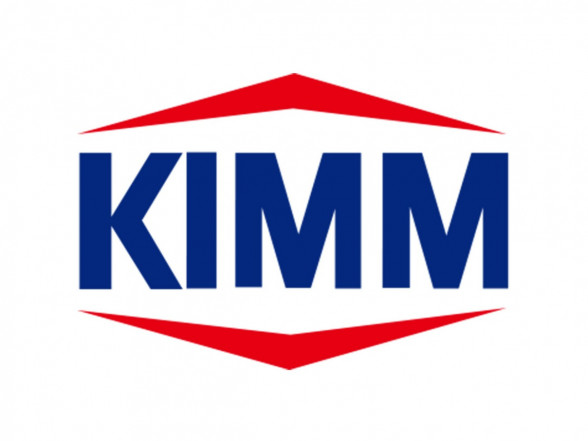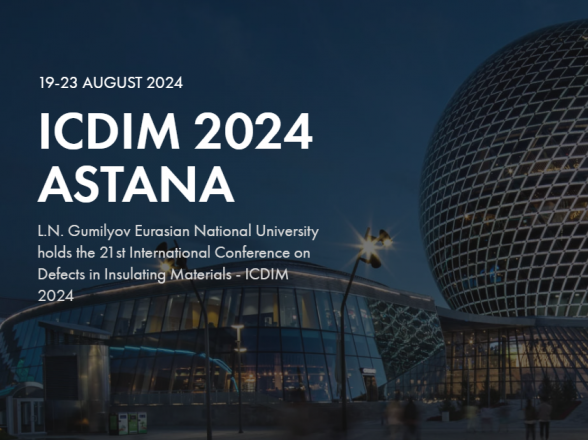On May 10, a delegation of the Korea Institute of Machinery and Materials (KIMM) and the Latvian Investment and Development Agency (LIAA) visited the Institute of Solid State Physics, University of Latvia (ISSP UL). During the visit, the ISSP UL’s Materize team told the guests about the Institute’s history, accumulated experience, and current activities while the director of the ISSP UL, Andris Anspoks, presented its competencies and structure of the Institute.
After getting acquainted, representatives of the ISSP UL took the guests on a tour of several ISSP UL laboratories renovated within the scope of the infrastructure upgrade supported by the CAMART2 project and showed some of the state-of-the-art equipment and explained the expertise of the researchers in more detail. Representatives of KIMM particularly appreciated Institute’s activities in medical microfluidics, as medicine is one of KIMM’s main research directions. It was interesting to learn that, like the ISSP UL, KIMM actively cooperates with the industry, working with the R&D departments of small and medium-sized companies.
In a conversation with Andris Anspoks, KIMM President Dr Sang Jin Park emphasized that he is currently looking for new partners in Europe, especially in Eastern Europe, to collaborate on various scientific projects. The meeting was the first step toward the synergy points to build successful cooperation between the ISSP UL and KIMM in the future.
KIMM is one of the leading scientific institutes in Korea, with 522 employees (of which 373 are scientists) and an annual budget of € 152 million. Founded in 1976, it is a government-funded research institute under the Ministry of Science, ICT (information communication technology) and Future Planning. KIMM’s mission is to contribute to the nation’s economic growth by performing research & development (R&D) on key technologies in mechanical engineering. KIMM conducts reliability tests, evaluates machine components and materials, and commercializes the developed products or machinery through technology transfer and support. KIMM’s research interests are widely spread from the nanoscale to macroscale and cover five research divisions: Advanced Manufacturing Systems; Nano-Convergence Mechanical Systems; Environment and Energy Systems; Extreme Mechanical Systems Engineering; and Mechanical Systems Safety.



